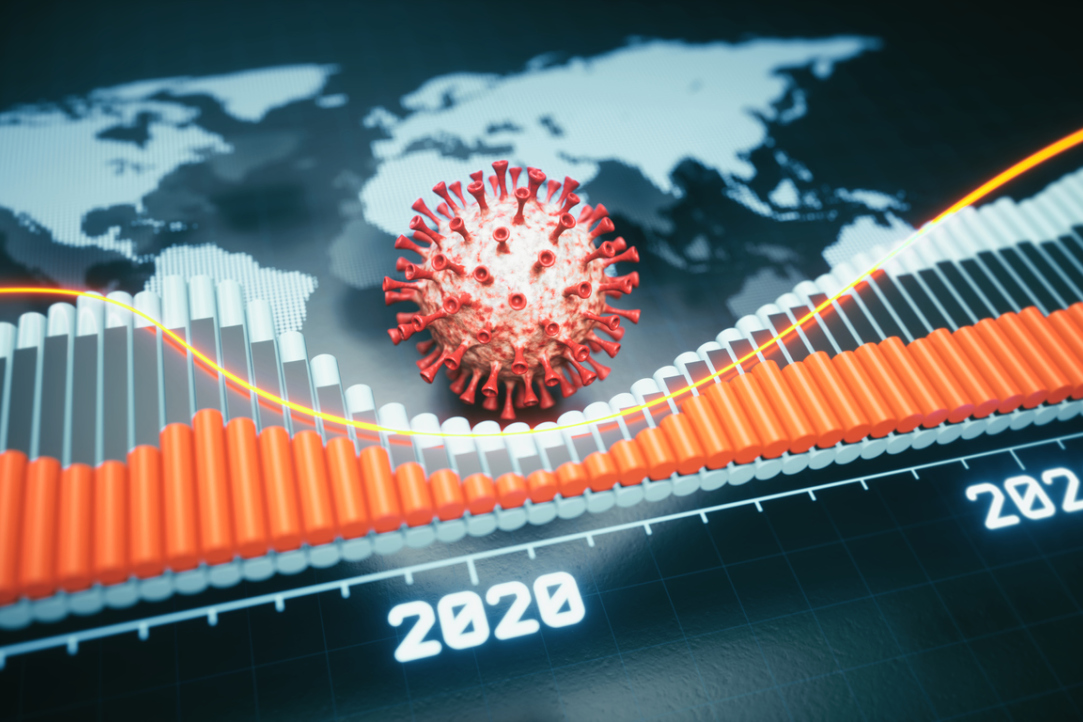
Post-pandemic Rehabilitation. What Will Help Russia's Economy Recover?
The year 2020 was a period of economic hardship and significant change in a wide range of sectors for most countries. A team of authors from HSE University has explored how Russia will recover from this crisis and which industries will be affected by the economic recovery. Their study was published in the journal Voprosy ekonomiki.

Life with COVID: ‘The Beast Is Dangerous and Needs to Be Watched’
Researchers have yet to evaluate the entire impact of COVID on mortality. However, it is now possible to discuss the first results of some initial studies. The HSE International Laboratory for Population and Health held a webinar ‘The First Year of the COVID-19 Pandemic in Russia (April 2020—March 2021)’. Although the Russian total mortality rate increased during that period, it was Slovakia, Bulgaria, the Czech Republic, and Poland that topped the list. The lowest growth in the mortality rate was observed in South Korea. Meanwhile, researchers have failed to detect a lockdown-induced baby boom anywhere in the world.
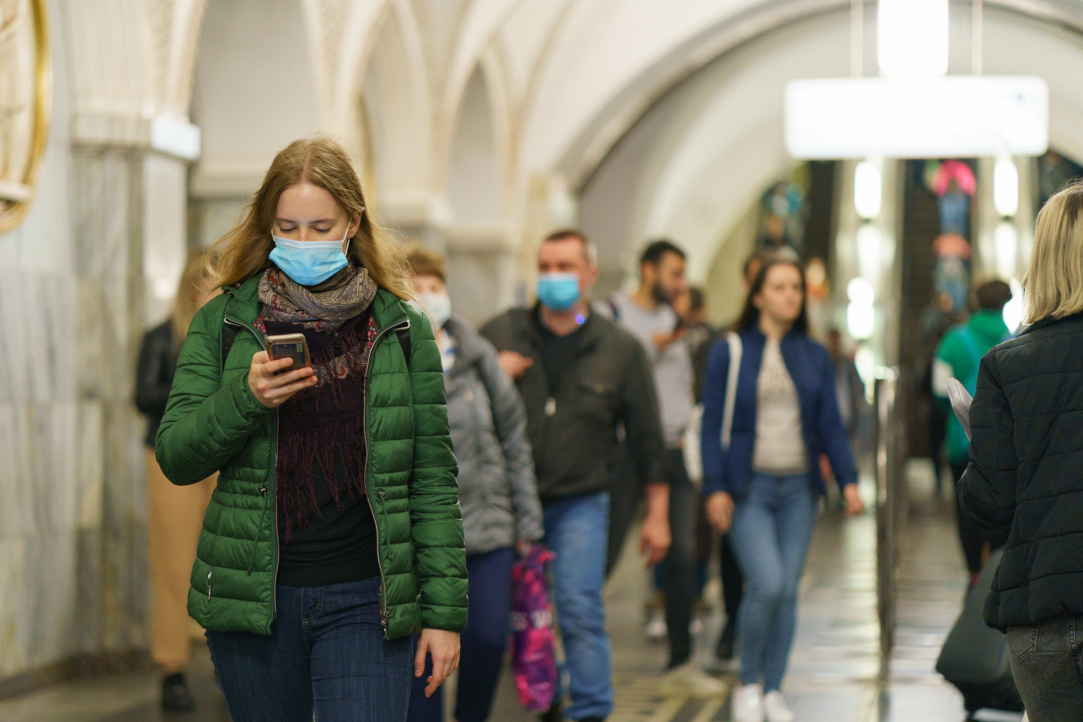
How People’s Behaviour Has Changed in Public Places during the Pandemic
The HSE Centre for Fundamental Sociology has recently held ‘Logica Socialis’, an open social theory seminar. Andrei Korbut, Senior Research Fellow at the HSE Centre for Fundamental Sociology, presented his report entitled ‘COVID-19 as an interactional phenomenon: People’s behaviour in public places during the pandemic’.
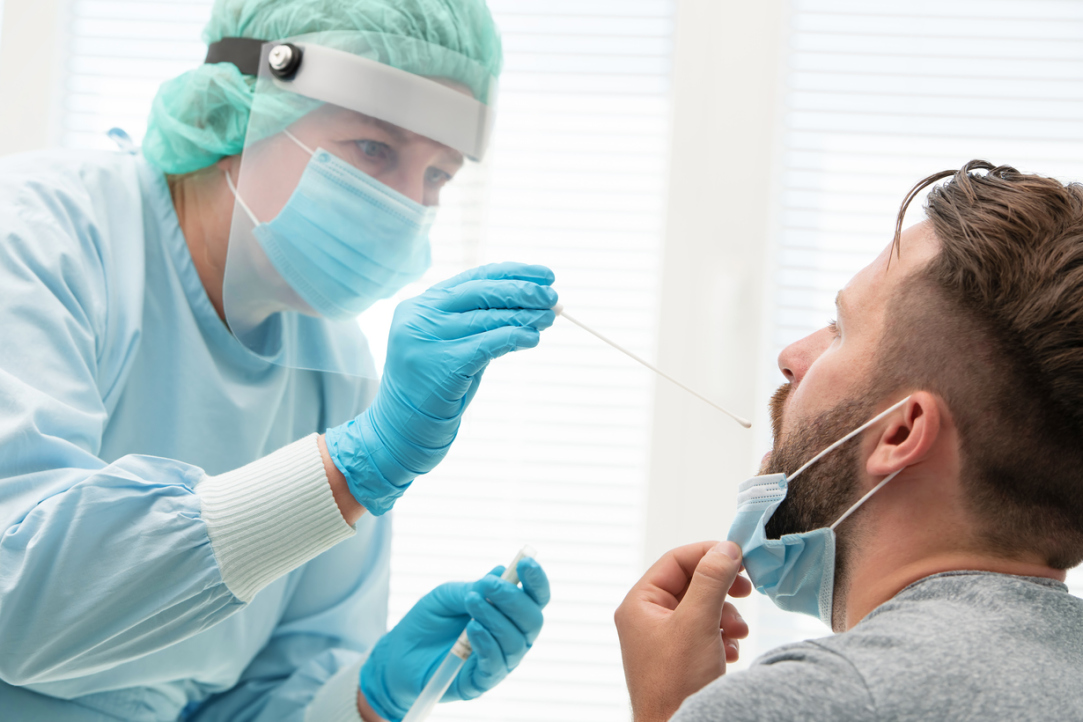
Group Testing Method Developed for COVID-19
Researchers Mario Guarracino from the HSE Laboratory of Algorithms and Technologies for Networks Analysis in Nizhny Novgorod and Julius Žilinskas and Algirdas Lančinskas from Vilnius University, have proposed a new method of testing for COVID-19. This group method allows results to be obtained 13 times faster as compared to individual testing of each sample. The research paper was published in the journal Scientific Reports.
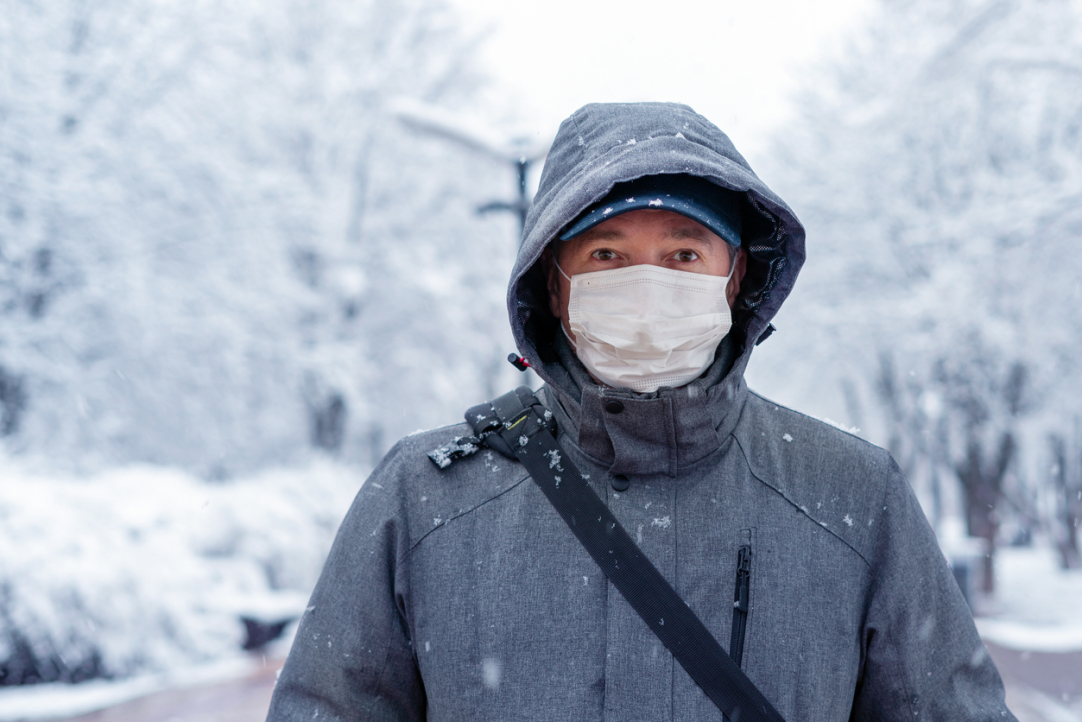
COVID-19 Denial Depends on a Population’s Trust in Social Institutions
An international team of scholars studied how the COVID-19 pandemic has impacted Europeans’ stress levels and their trust in their national governments and the healthcare systems. They found that respondents were most stressed by the state of the national economy, and only after that, by the risk of catching COVID-19 and possibly being hospitalized. In Western Europe, people trust their governments more than in other EU countries. The results of the study were published in Royal Society Open Science.
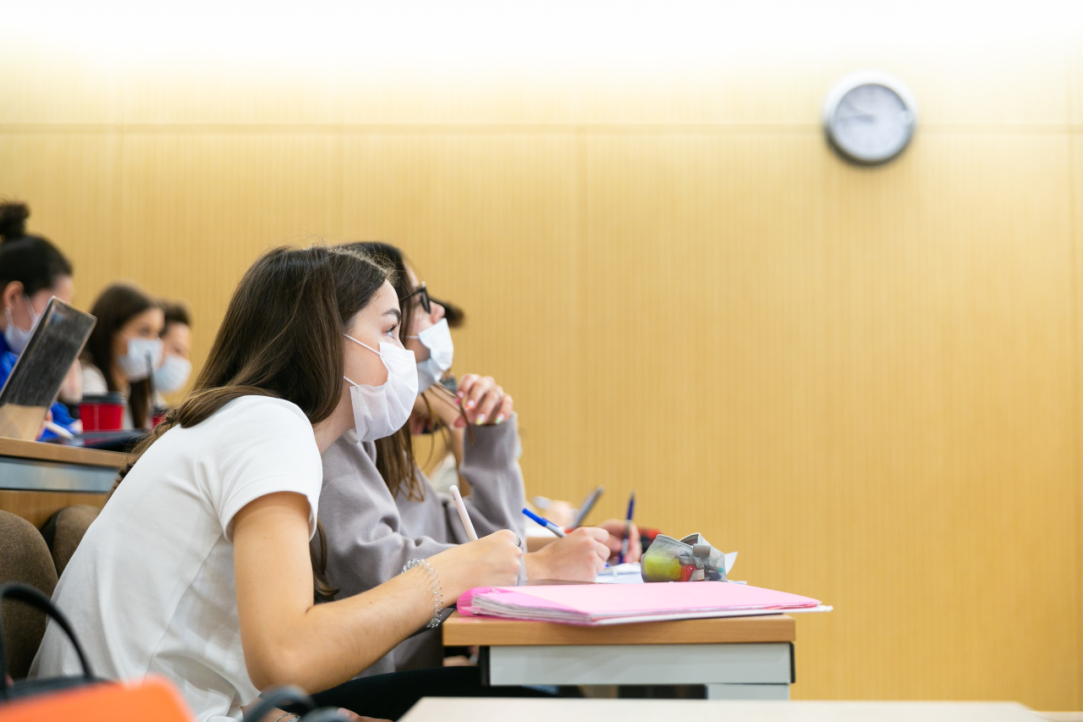
Returning to the Classroom: How ICEF Handled the Challenges of Online Learning and What Has Changed
On March 29, HSE is fully transitioning to in-person instruction. However, since March 1 some departments, including ICEF, have been conducting seminars on campus while holding lecture courses online. Oleg Zamkov, Academic Supervisor of the ICEF Bachelor’s programme, spoke about how ICEF survived the rapid transition to online exams, what LSE professors have to say about the effectiveness of the online exams, and what digital innovations that were implemented during the remote period will be used moving forward.
.jpg)
Researchers Reveal Genetic Predisposition to Severe COVID-19
HSE University researchers have become the first in the world to discover genetic predisposition to severe COVID-19. The results of the study were published in the journal Frontiers in Immunology.

Russians’ Digital Practices During Lockdown
The HSE Institute for Statistical Studies and Economics of Knowledge has released the results of its survey on digital practices in 2020, which illustrate the changes in how people have mastered new formats to solve routine tasks.The HSE Institute for Statistical Studies and Economics of Knowledge has released the results of its survey on digital practices in 2020, which illustrate the changes in how people have mastered new formats to solve routine tasks.
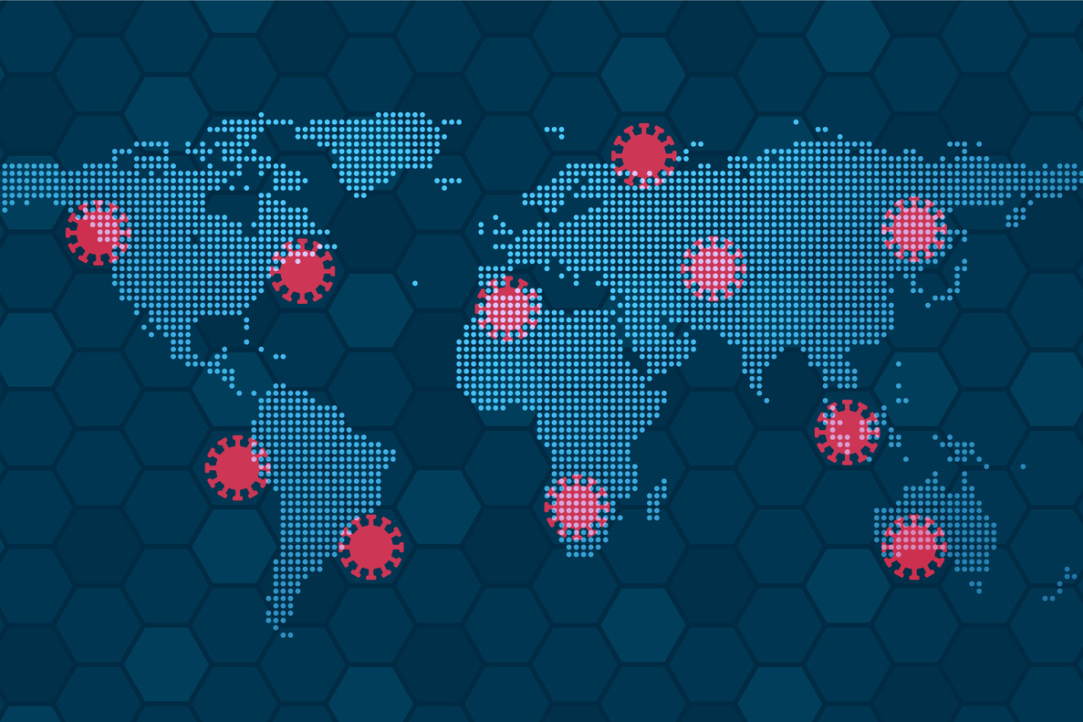
Nature Communications Journal Publishes a Study by Russian Scholars Involving HSE MIEM Students
Biologists and mathematicians from HSE University, Skoltech and the RAS Kharkevich Institute have studied the spread of COVID-19 in Russia. The main part of the study was completed in late June, but until October, the team was working with data following the reviewers’ recommendations. The paper was published on January 28, 2021 in the journal Nature Communications. MIEM students spoke about their contribution to the research.
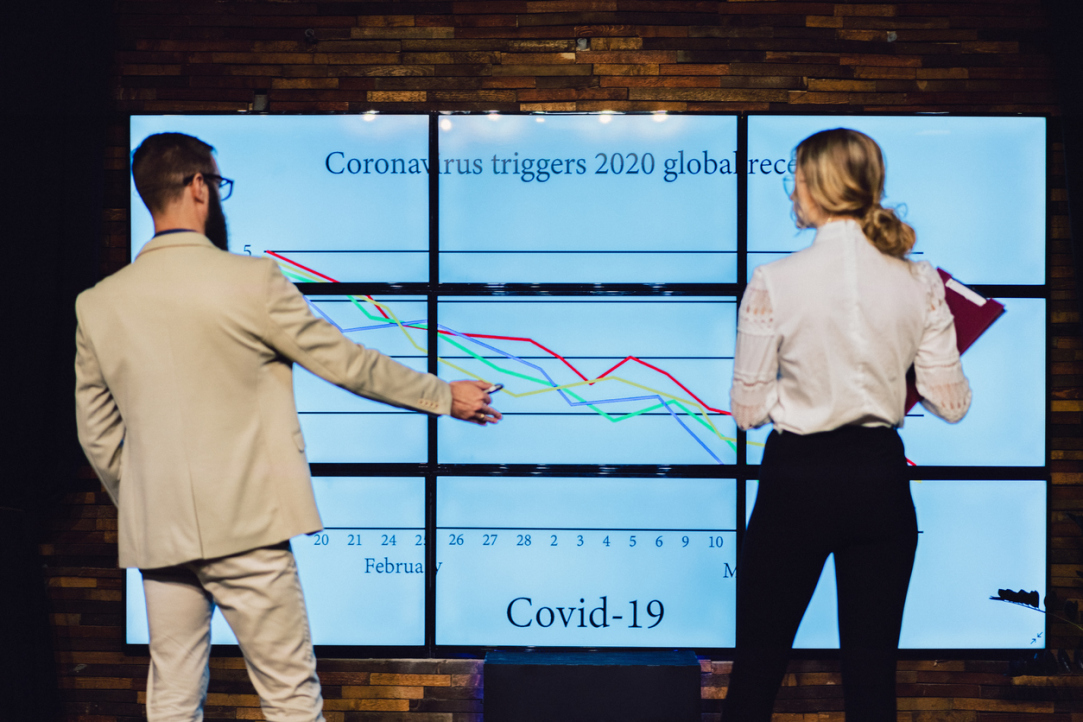
Taming the ‘Black Swan’: Who Will Win the Fight Against the CoronaCrisis
Countries with reserve currencies, sufficient fiscal capacity to implement soft fiscal policies, and access to global capital markets have the best chance of recovering from the coronavirus crisis. The rest may need external assistance. These are the conclusions drawn by Alexei Kireyev, leading IMF economist and visiting professor at HSE University’s School of World Economy.

